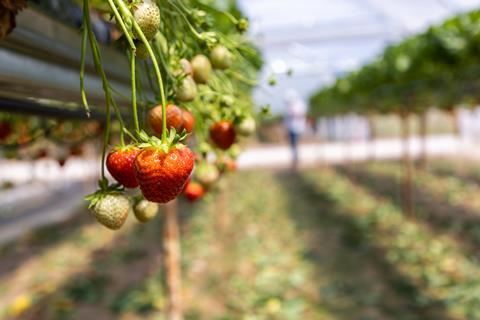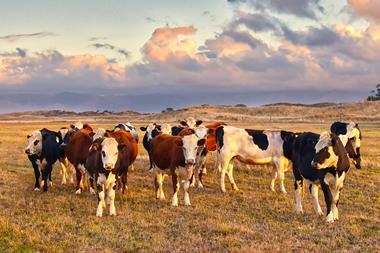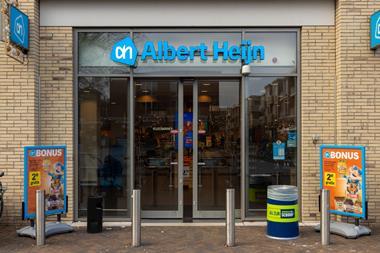
M&S is backing new projects to reduce emissions for strawberry growers and chicken farms.
In strawberries, the retailer is working with a small group of growers to trial ‘precision pollination’, a technique that monitors and enhances pollinator activity to deliver more fruit to a higher quality, while encouraging biodiversity. By monitoring bumblebee activity in real time, four farms have been able to support pollination in areas where levels were previously lower, according to M&S. Methods of boosting pollination levels include adding more plants that naturally attract bees.
The four farms trialling this technique had seen bee activity almost double in early stages of the project, M&S said.
In chicken farming, M&S is set to fund a project making improved uses of waste. The project will use ‘biochar’ – a charcoal-like product made by heating natural materials from plants in low levels of oxygen – in chicken shed bedding to reduce ammonia emissions in housing and potentially improve retention of phosphates from manure.
Lower ammonia emissions are said to help keep the bedding drier, while also promoting better animal welfare. By retaining the nutrients in chicken manure – an effective organic fertiliser – ‘ChickenChar’ could also help limit pollution by preventing run-off into rivers, according to M&S.
Both projects are receiving some of M&S’s £1m in annual funding for emission-reducing innovations, as part of its ‘Plan A’ scheme to reach net zero, against SBTi-validated targets.
“M&S’s success as an own-brand retailer is borne from deep relationships with our supplier partners, which supports a long-term approach to investment in innovation and quality, and a shared belief in the value of doing the right thing,” said M&S corporate affairs and ESG director Victoria McKenzie-Gould.
“This same approach is helping us to become a net zero business by 2040 through our annual £1m Plan A Accelerator Fund, with which we fund new and small-scale or untested solutions in collaboration with our supply base.”
Further projects will look at the link between genetics and methane output of progeny Aberdeen Angus cows, growing net zero wheat, and technology to improve energy efficiency in stores, according to M&S.



















No comments yet